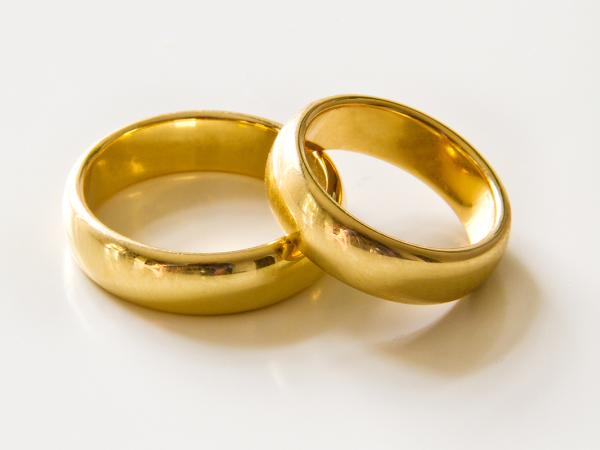Blind person's allowance
Like the personal allowance, the blind person’s allowance is deducted from taxable income before income tax is calculated. It can reduce the amount of income tax you pay.

Content on this page:
Blind person's allowance
The blind person's allowance (BPA) reduces the amount of income on which tax is calculated at the relevant rates.
If you are eligible for BPA, you are entitled to it in addition to the personal allowance. However, if you are eligible for BPA, you must claim it – you do not receive it automatically.
The BPA for 2024/25 is £3,070.
Eligibility for blind person’s allowance
You do not have to be entirely without sight to claim the BPA, but you do have to meet one of the following criteria:
- if you live in England and Wales, you are registered as severely sight impaired with a local authority in England and Wales;
or - if you live in Scotland or Northern Ireland, your sight must be so bad as to stop you performing any work for which eyesight is essential.
Entitlement to BPA does not depend on your age.
Unlike some other allowances, the amount of BPA to which you are entitled does not depend on your level of income. The BPA is not reduced where your income is more than a certain amount.
The English and Welsh system in more detail
An eye specialist can check your sight and, if appropriate, certify that you are severely sight impaired. You can ask your GP to refer you to an eye specialist.
Social Services should then contact you to see if you want to be added to the register, and if you do, then the date that the consultant signed your certification form is the date of registration.
Once you are registered, you may claim BPA. The full allowance is available in the year of registration.
If, in the previous tax year, you obtained evidence of severe sight impairment on which the registration will be eventually made, but you only registered the following tax year, you can claim the relief for both years.
Claiming blind person’s allowance
If you are entitled to BPA, you must tell HMRC about it to make a claim. You can find out how to contact them about BPA on GOV.UK.
If both you and your spouse or civil partner are entitled to claim BPA, you can each claim it independently.
Transferring blind person’s allowance
If you do not have enough income to use any or all of the BPA yourself, you can claim to transfer it in full (or whatever is left of it) to your spouse or civil partner.
Your surplus BPA can then reduce the amount of taxable income on which your partner pays tax. If you are a non-taxpayer and your spouse or civil partner pays tax you can still transfer your BPA to them.
You can find contact details for HMRC and form 575(T) for transferring surplus BPA to your spouse or civil partner on GOV.UK.
You can see how transferring surplus BPA works in the example below.
Blind person’s allowance and married couple’s allowance
If you are claiming both BPA and married couple’s allowance you cannot transfer the surplus of one allowance and not the other. You must transfer both allowances together. For more information and an example see our page Married couple’s allowance.



